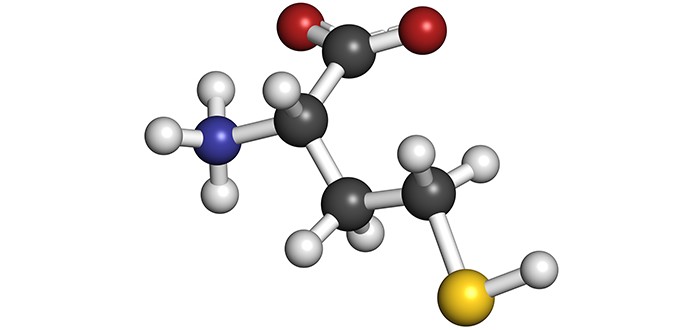The big question you and your doctors have after you complete mesothelioma chemotherapy is whether it did the trick. And, if it did, you want to know by how much it will extend your mesothelioma survival.
One way to predict how many extra months or years the treatment bought you is to take measurements of certain biomarkers floating around in your bloodstream.
An abundance — or shortage — of these biomarkers is a sign of things to come.
Traditionally, the biomarkers to measure are mesothelin and fibulin-3. But the complaint with these is that they have only limited prognostic value.
Researchers from the University of Ljubljana in Slovenia contend that a better biomarker to measure is something called serum survivin.
The researchers believe serum survivin is much more predictive of post-chemo mesothelioma survival. They wrote about this in a recent issue of the journal Disease Markers.
The researchers evaluated serum survivin levels in mesothelioma patients before and after cisplatin-based chemotherapy.
The mesothelioma patients whose serum survivin levels were higher at the end of chemotherapy than at the beginning tended to experience longer overall mesothelioma survival.
That finding is counterintuitive, for reasons that will be clear in a moment.
Mesothelioma Highly Expresses Serum Survivin
Mesothelioma is one of a number of cancers that highly express serum survivin. It is a regulator of mesothelioma cell division and apoptosis.
Serum survivin belongs to the protein group known as IAP — inhibitor of the apoptosis protein. The gene baculoviral inhibitor of apoptosis repeat containing 5 (BIRC5) is the source of DNA encoding for serum survivin.
Serum survivin expression is regulated through a process that involves alternative splicing, variability in transcription and protein degradation. It’s a fairly complicated process.
Serum survivin ends up suppressing programmed cell death — apoptosis. It also interferes with apoptosis by binding with cross-linked IAPs.
The process of binding with them has the effect of ensuring the consistency and durability of this interference with apoptosis.
So, basically, serum survivin allows mesothelioma cells to slip past the checkpoints set up to ensure that apoptosis occurs.
Bottom line: interfering with apoptosis is not helpful if you have mesothelioma. Mesothelioma cells are mutants which your body is supposed to kill off naturally through the apoptosis process.
If apoptosis is inhibited, mesothelioma cells can keep growing and spreading.
Earlier Looks at Survivin in Mesothelioma
The high expression of serum survivin in mesothelioma cells was the subject of several earlier studies. However, the researchers who conducted those studies failed to see the prognostic utility of serum survivin.
Not so for the Slovenian researchers. They spotted it. But that was not what they were looking for.
In their study, they wanted to see whether serum survivin levels could actually influence the outcome of cisplatin-based chemotherapy among mesothelioma patients.
It was in the course of investigating this aspect of serum survivin that the researchers noticed that increased levels of it after chemotherapy seemed to go hand-in-hand with better treatment outcomes.
And that’s the counterintuitive part of it. You would think that a mesothelioma patient is likely to survive longer if there is less of the apoptosis inhibitor present after chemotherapy. But no. Apparently, the opposite is true.
Clearly, more research will be needed to explain how more of an apoptosis inhibitor protein like serum survivin signals better mesothelioma survival.

